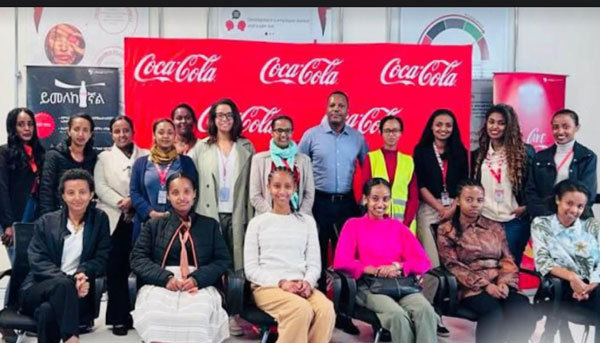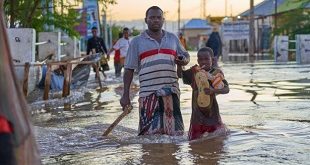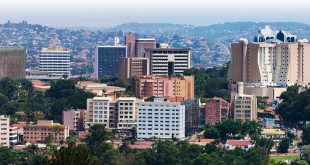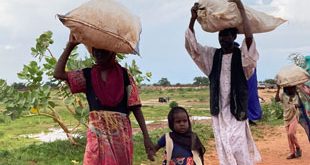
Kampala, Uganda | THE INDEPENDENT | As the world continues to celebrate International Women’s Day, the role of the private sector in advancing the economic inclusion of women in Africa remains topical.
One of the companies pushing for inclusion of women is Coca-Cola Beverages Africa (CCBA) which uses its industry leadership to be part of the solution for positive change on the African continent.
“We aim to create greater shared opportunities for the business and the communities we serve across the value chain. “We understand that our business can only thrive when the communities we serve thrive too. This is why we have made economic inclusion of women one of the pillars of our sustainability strategy,” says Melkamu Abebe, Managing Director at Coca-Cola Beverages Uganda (CCBU).
Abebe added that across the company’s value chain, they are working to improve skills and business knowledge for women, which in turn can help give them access to more opportunities.
For example, in Tanzania, the company has an economic inclusion programme called Mwanamke Shujaa (“A Brave Woman”), which provides training and mentorship to women food vendors, as well as tools of the trade to enable them to grow their businesses.
In Ethiopia, female engineering students have joined the company’s “Women in Engineering” trainee programme which will give them development opportunities and exposure to the company’s world-class operations, setting them up for future employment.
Through the company’s partnership in Ghana with Girls in Science and Technology (GIST), CCBA subsidiary Voltic aims to reach women at different levels of education, providing them with the mentorship and coaching they need for a successful and impactful Science, Technology, Engineering and Mathematics (STEM) career.
In South Africa, it has established a bursary fund at the University of Pretoria to support female students from previously disadvantaged backgrounds in their final year of engineering studies.
In Mozambique, a group of women plastic waste collectors completed a 12-week training course in an economic inclusion programme supported by CCBA. These women have since educated their communities about the positive effects of recycling.
“We will continue to focus on creating a better-shared future, to grow and sustain small businesses and enhance livelihoods, resulting in increased economic value and business capability for women, communities, and our business system,” says Abebe.
“We believe this holistic approach, within and outside our organisation, drawing on the ability of everyone to inspire inclusion, is a powerful formula for change.”
 The Independent Uganda: You get the Truth we Pay the Price
The Independent Uganda: You get the Truth we Pay the Price


